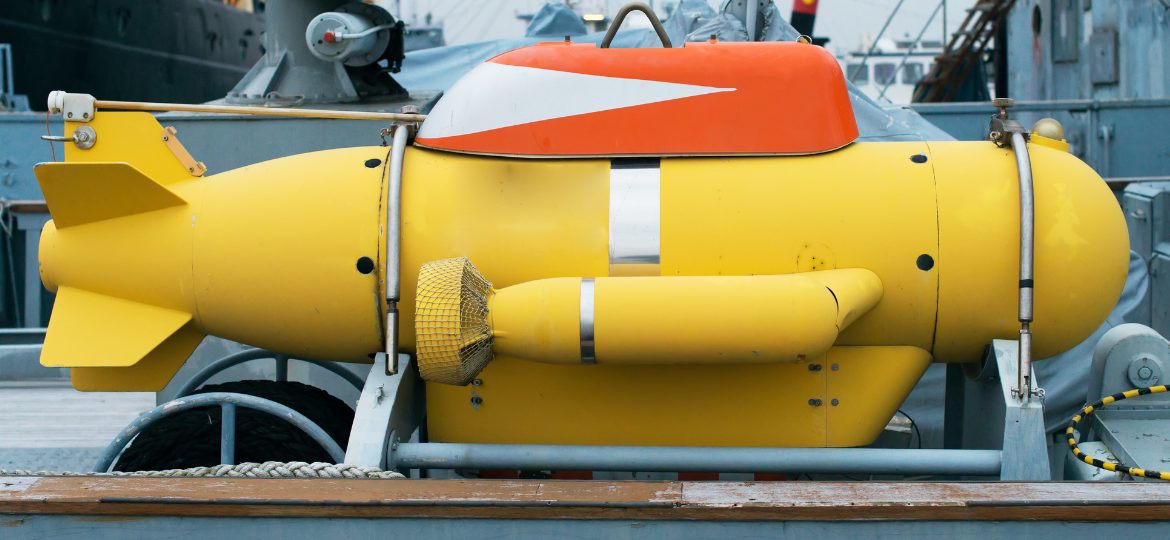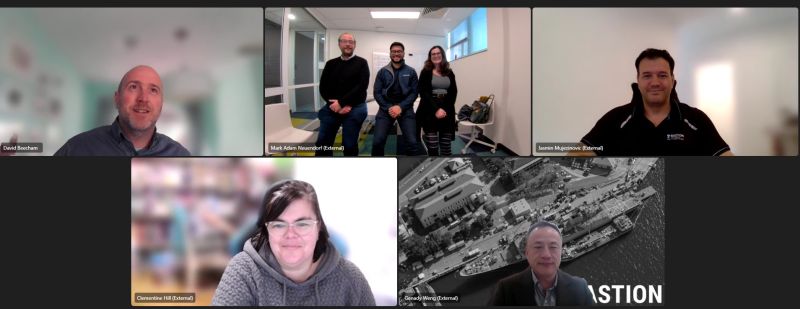
Advanced Navigation Strategies for Unmanned Underwater Vehicles: Integrating Perception with Sensor Fusion and Reinforcement Learning
Campus Plus is excited to announce the official commencement of a National Industry PhD project, supported by the Australian Government Department of Education, titled: “Advanced Navigation Strategies for Unmanned Underwater Vehicles: Integrating Perception with Sensor Fusion and Reinforcement Learning.”
This cutting-edge collaboration between the University of Adelaide and Bastion Defence Consulting aims to enhance the navigation accuracy of unmanned underwater vehicles (UUVs) operating in dynamic and GPS-denied environments. By integrating model-based and learning-based control methods, the project will develop a hybrid framework that adapts to changing conditions—strengthening capabilities in underwater exploration, surveillance, and environmental monitoring.

🔹 Bastion Defence Consulting shared their enthusiasm, with Genady W. commenting: “We are excited to collaborate with the University of Adelaide on this initiative, exploring cutting-edge developments in autonomous underwater technologies and strengthening the link between research and practical application. Collaborating with academia allows us to stay at the forefront of emerging technologies while supporting the growth and development of our talented people. We look forward to the impact this work will deliver and are proud to be part of this journey.”
🔹 Lead Academic Supervisor Kim Harvey commented:
“This project is a strong example of how industry–academic collaboration can shape research that’s both ambitious and applied. It’s a privilege to support work that deepens capability in autonomous underwater systems while creating space for rigorous inquiry and real-world learning.”
🔹 PhD Candidate Raja Baksi shared:
“This project will explore the challenges of underwater navigation and help extend the resilience of autonomous underwater vehicles. I’m excited for the opportunity to collaborate with researchers and colleagues to advance our understanding of autonomy in the maritime domain, open new research pathways, and deliver practical insights.”
We look forward to seeing the innovation and impact this collaboration will deliver across defence and marine technology applications.
Thanks to Mark Neuendorf and Clementine Hill for facilitating this project.